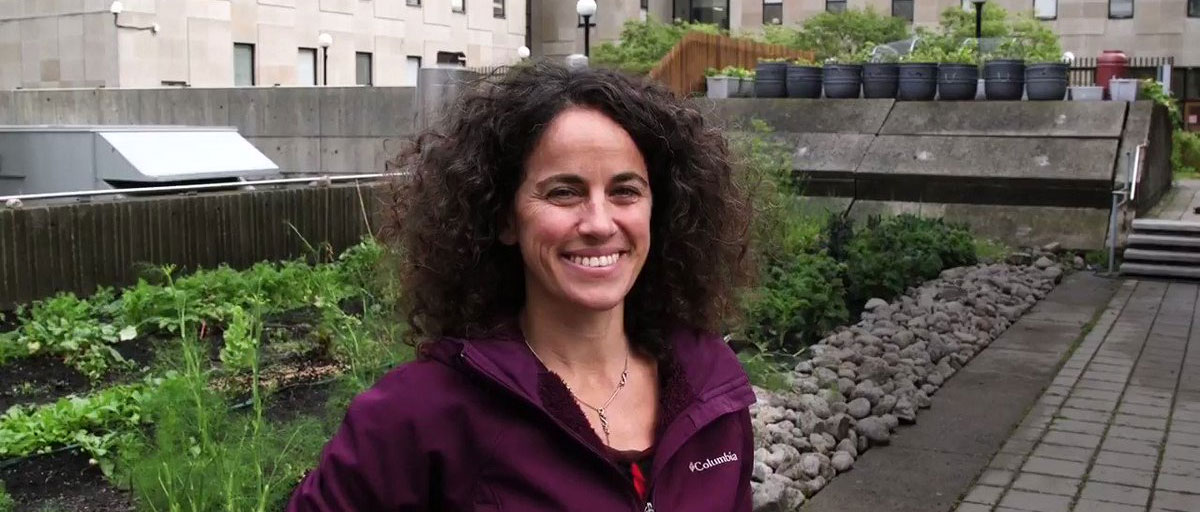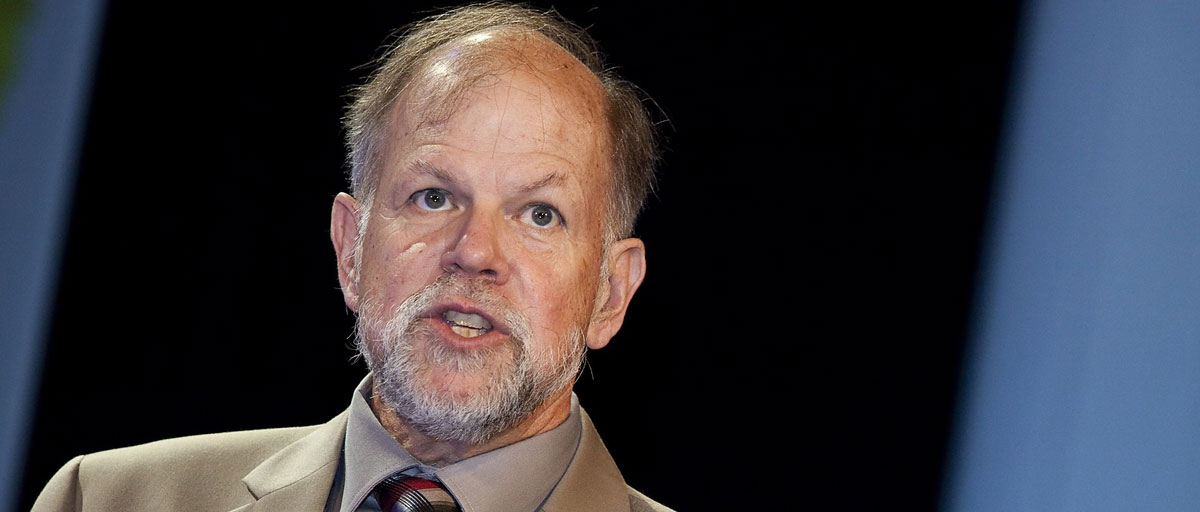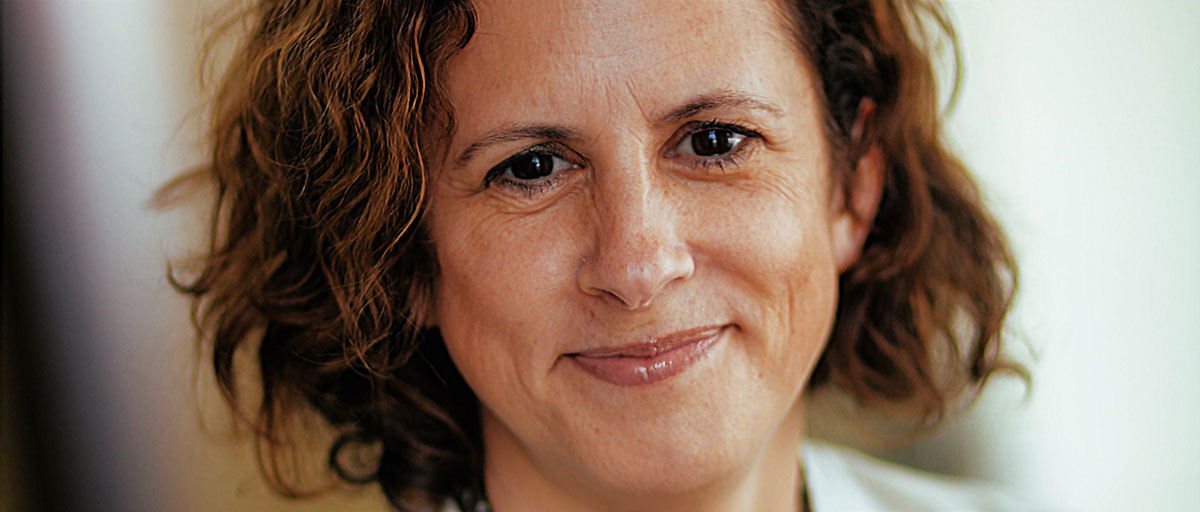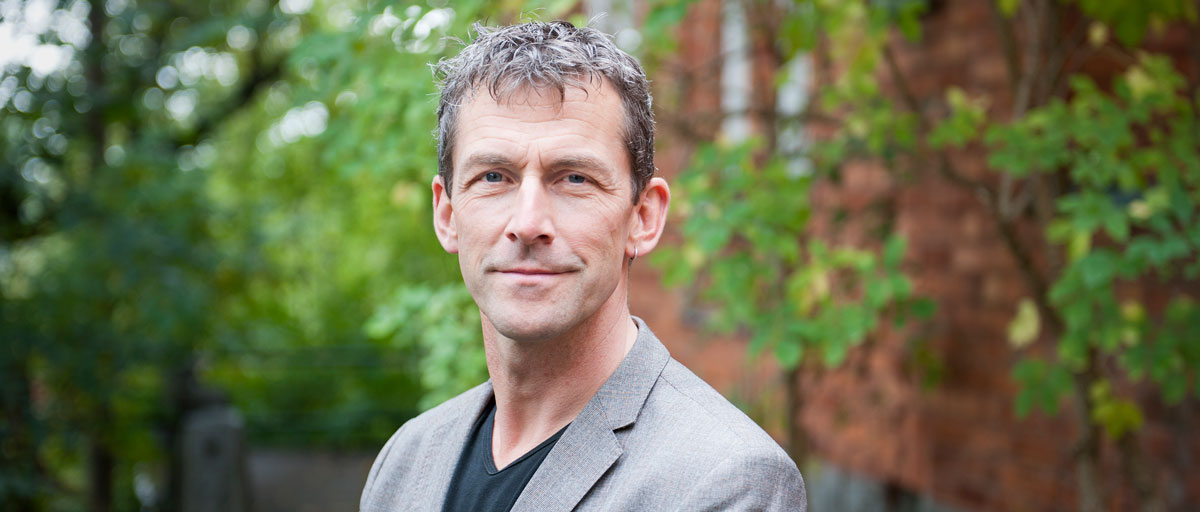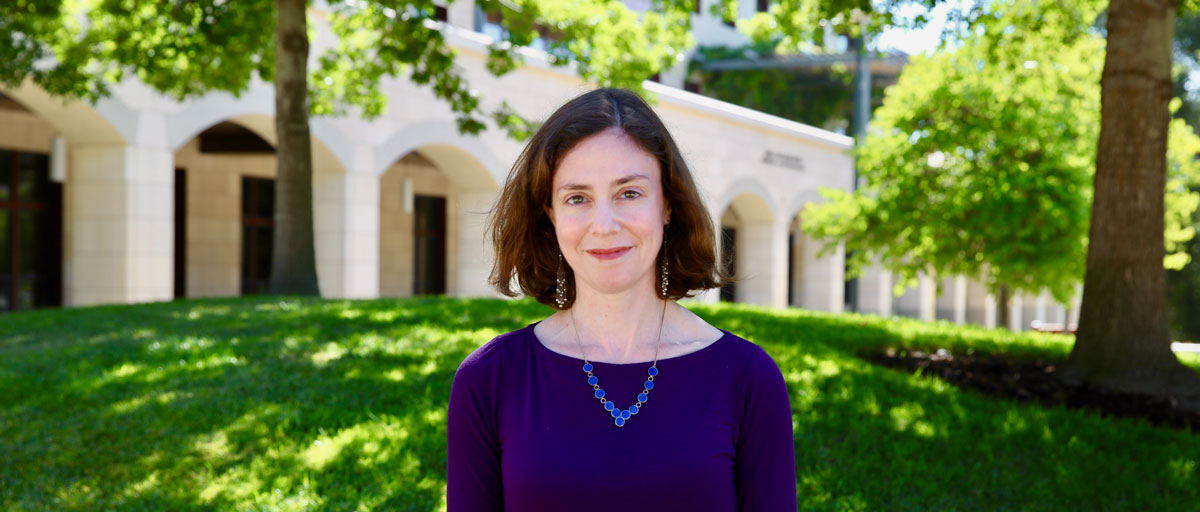
Elizabeth Selig, deputy director of the Center for Oceans Solutions at Stanford University, is a member of the Stockholm Resilience Centre's new International Science Advisory Council.
Bildtext får vara max två rader text. Hela texten ska högerjusteras om den bara ska innehålla fotobyline! Photo: B. Christensen/Azote
INTRODUCING OUR SCIENTIFIC ADVISORY COUNCIL
Working towards an ocean of impact
For Elizabeth Selig, making sure that research positively impacts society lies at the core of her work. Good thing, then, that she has become a member of the centre’s new science advisory council
- The International Scientific Advisory Council (ISAC) is a body of internationally leading researchers providing strategic advice and guidance on the scientific development and direction of the Stockholm Resilience Centre (SRC)
- Council member Elizabeth Selig is the deputy director of the Center for Oceans Solutions at Stanford University
- She says that SRC’s collaborative spirit and expertise are will be crucial when trying to deal with current global challenges.
Jargon follows you wherever you go in academia. Sustainability science is no different. Brace yourself for assertive terms like “cross-scale dynamics”, “multiple drivers” and “complex social–ecological interdependencies.” But ask sustainability scientists to reflect on the future of their own discipline and you might get a more straightforward answer. When Elizabeth Selig, the deputy director of the Center for Oceans Solutions at Stanford University is asked that question, she puts it like this: “One of the beautiful mysteries of science is that you cannot always see innovation coming, but it always does.”
Selig is an expert in ocean science. She looks at how we currently manage ocean resources and how may be able to do it better in the future. She has worked with some of the world’s most renowned institutions on sustainability such as Conservation International, the World Resources Institute and the Smithsonian Institution. She was recently a lead author on the International Panel for Biodiversity and Ecosystem Services Global Assessment, which concluded 1 million species are at risk of extinction and that current trends in biodiversity and ecosystems services are undermining progress towards the Sustainable Development Goals. Her academic profile is, fair to say, impressive.
Now, to the delight of the Stockholm Resilience Centre (SRC), she has also become a member of its international scientific advisory council, a body of internationally leading researchers providing strategic advice and guidance on the scientific development and direction of the SRC.
SRC’s science spans a broad range from theoretical science to applied science, which is really an asset and a rarity.
Elizabeth Selig
Increasingly expanding collaboration
Her knowledge about the centre goes several years back, largely thanks to the research by former science director Carl Folke. But in 2017, the connection deepened when she started collaborating directly with Folke, Henrik Österblom and others on the Seafood Business for Ocean Stewardship (SeaBOS), a unique initiative between the world’s largest commercial seafood companies and science to strengthen sustainable practices within the seafood industry.
“The collaboration grew from a joint interest in trying to develop the science needed to identify high-risk places for illegal, unreported and unregulated fishing and forced labour in fisheries,” Selig says.
Since then, the collaboration has extended to include several of SRC’s marine researchers to find ways to develop a more sustainable and fair production of seafood. She speaks highly of SRC’s “fantastically talented, creative researchers” and is excited to strengthen this collaboration further by becoming a member of the SRC’s science advisory council.
“SRC’s science spans a broad range from theoretical science to applied science, which is really an asset and a rarity,” she says. She considers the Centre to be a “true pioneer” in spearheading the development of interdisciplinary science and sustainability science. The enthusiasm is mutual. Centre researchers who work with her describe her as incredibly competent and a wonderful person to be around.
Big challenges, more impact
When it comes to her role in the science advisory council, her hope is to help making sure the centre’s science can have a broader impact.
“SRC already connects with various stakeholders, but I think there are opportunities to consider how to scale that impact and affect change among broader parts of society. I hope to bring my experience from working within NGOs and academia to think creatively about what those pathways could be.”
Amid the enthusiasm there is also a determination to work for genuine change in society. There is no hiding that the task at hand is big, but being overwhelmed by it is not an issue.
“We face enormous challenges over how best to manage our natural resources in the face of tremendous change. Addressing these declines will require scientists engaging with and empowering communities, companies, governments, and other key stakeholders, but SRC’s collaborative spirit and expertise are at the heart of many of these challenges and will be crucial to ensure that we move in a positive direction.”
